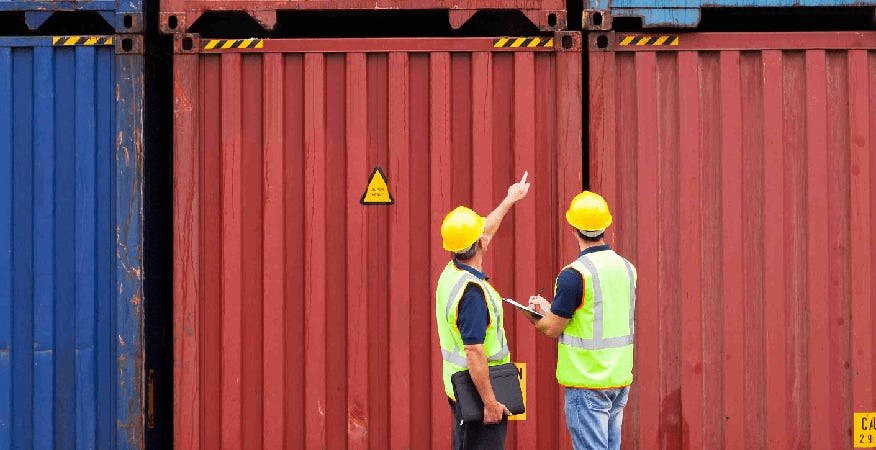
Retail Awaits Biden’s Posture on Tariffs, Trade
Apparel retailers want to see the new administration roll back tariffs on Chinese imports, though they have yet to see signs it will.
BY SINDHU SUNDAR
The Biden administration has indicated in its early days that it intends to prioritize matters close to home. What that means for shifts in the U.S. trade posture from the previous administration remains to be seen, trade attorneys said. At the Federal Bar Association’s virtual fashion law conference, which continued on Wednesday, attorneys described Biden’s overall messaging so far as geared toward worker and human rights issues and environmental concerns.
Among his first week of executive orders was his “Made in America” message, effectively geared toward ultimately increasing the federal dollars that go toward domestically manufactured goods. But the salient underlying philosophical distinctions between President Joe Biden and his predecessor Donald Trump could mean this administration could still be more amenable to trade negotiations and in seeking mutual agreements, said attorneys on the panel. “Where the Trump administration had a competitive focus, in my opinion, I think Biden will focus on social justice issues related to the environment, related to human rights, workers’ rights, labor,” Randy Rucker, a partner at Faegre Drinker Biddle & Reath LLP advising clients on customs and trade law, said on the panel. “And while not necessarily protectionism, per se, the benefits of the trade posture that we’ve seen recently could allow the Biden administration to perhaps negotiate on some of those issues, rather than the competitive approach that we saw in the last administration.”
The industry expects a clearer picture to emerge during the forthcoming confirmation hearing of Katherine Tai, the new president’s nominee for the U.S. trade representative role who was the chief trade counsel for the House Ways and Means Committee. Of particular concern is the question of Section 301 tariffs on finished goods imports from China, which were initially increased on certain products that the U.S. government had originally targeted as a focus of intellectual property infringement, but then extended to fashion and home goods. “There’s a hopeful sense that they may be lessened,” Michael Khorsandi, vice president, trade and regulatory compliance counsel at Ross Stores Inc., said on the panel. “But I’m sitting from the purview of an industry that doesn’t want tariffs on important products, at least by and large.”
Retailers are also awaiting enforcement shifts, as well as legislation on imports from China’s Xinjiang region, widely reported to have rampant forced labor practices, and where former Secretary of State Mike Pompeo declared a genocide of Uighur Muslims was taking place. Current pending legislation to ban imports from the region involving forced labor has gained traction in the Senate and is largely expected to pass. Meanwhile, U.S. Customs and Border Protection is also issuing so-called withhold release orders zeroing in on goods from the region. The agency recently issued WROs targeted against cotton and other goods from the region.
“There has been no indication of a lessening of concern with China, which, as everybody knows, is one of the main places that we import the most apparel products from,” said Frances Hadfield, a counsel in Crowell & Moring’s international trade practice group. The measures emphasize the need for companies to not just shift their supply chains to be less reliant on China, as many have been doing in recent years, but also to supervise their supply chains and try to secure certifications on practices involved through the chain, attorneys said.
“The burden involved in trying to rebuild that supply chain is going to be astronomical. [But] the takeaway is, you’ve really got to invest in knowing your supply chain,” Rucker said. “Do you want to be involved in a WRO related to this issue? That’s not going to be good for business.”





